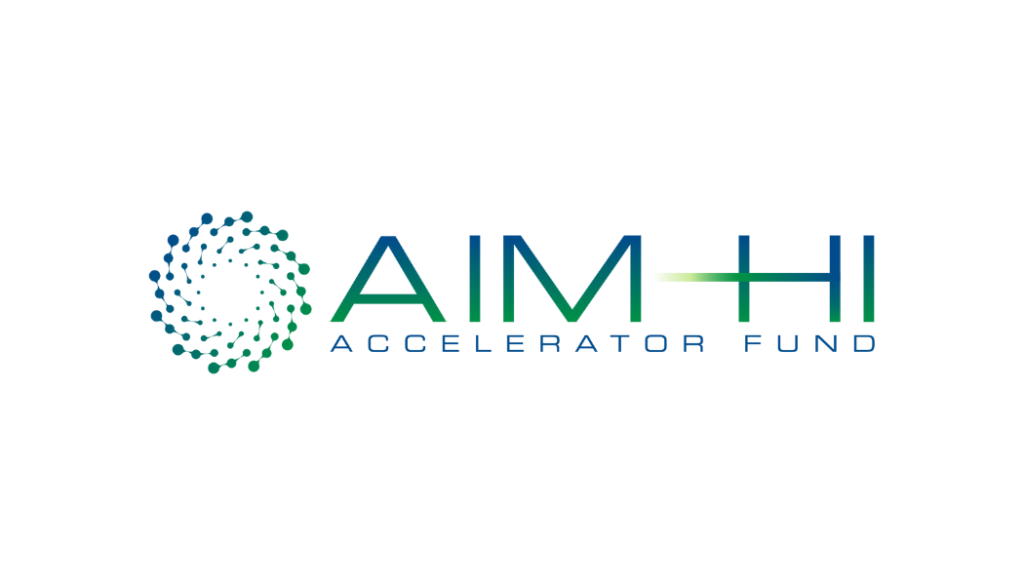NFCR & AIM-HI Making Cures Possible
Therapeutic development in the pre-clinical stage is an expensive and risky investment, and some of the most promising cancer discoveries are failing due to the lack of seed funding before they can get to the clinic.
In 2019, the National Foundation for Cancer Research launched the AIM-HI Translational Research Initiative to address this unmet need and provide oncology startups with the resources to drive innovative discoveries out of the lab, to the clinics, and eventually to the people battling cancer.
What is Translational Research?
Translational research includes two areas of translation:
- Applying discoveries generated during research in the laboratory and in preclinical studies to the development of trials and studies in humans.
- Enhancing the adoption of best practices in the community to achieve cost-effectiveness in prevention and treatment strategies.
Ultimately, translational research is part of a continuum in which research findings are moved from the researcher’s bench to the patient’s bedside and community.
(Reference: https://www.ncbi.nlm.nih.gov/pmc/articles/PMC2829707/)
click to enlarge
Why is Translational Research Important?
The traditional focus of NFCR research funding has been to support innovative basic science cancer research at universities and research hospitals. We are now at the fruition point of the past several decades’ advances of genomic-based research, with so many innovations waiting to go into commercialization.
However, unless and until we can bring these innovations into the clinic to gain FDA approval, next-generation cancer therapies, diagnostics, and prevention strategies will remain at the bench, and this is why NFCR has launched the AIM-HI Translational Research Initiative as a new model to bridge the so-called “valley of death”.
The AIM-HI Women's Venture Competition
We have also identified another barrier in therapeutic development: women scientist-entrepreneurs are grossly underfunded compared to their male counterparts. However, as women are equally affected by cancer as men, we need a diversity of minds and a variety of life experiences to find cures for all cancers.
From this realization, the annual AIM-HI Women’s Venture Competition was born. Launched in 2020, it is a first-of-its-kind program that provides women-led oncology start-ups with lifeline funding, critical coaching, and continuous access to our valuable global network.
The AIM-HI Beacon Award for Women Leaders in Oncology
The AIM-HI Beacon Award recognizes outstanding women leaders in all sectors of the health and life science industry who have made a significant impact on advancing cancer treatment, detection, and diagnosis for patients worldwide through the development and commercialization of novel technologies, advocacy, and/or implementation of public policy.
Researchers Working In this Area
NFCR provides Translational Research Grants to our non-profit partner, AIM-HI Accelerator Fund, to bridge the gap between innovations in the laboratory environment to the clinical development of new treatments and technologies. This translational research effort aims to accelerate early-stage oncology startups to bring new therapies and diagnostic tools to patients.
























